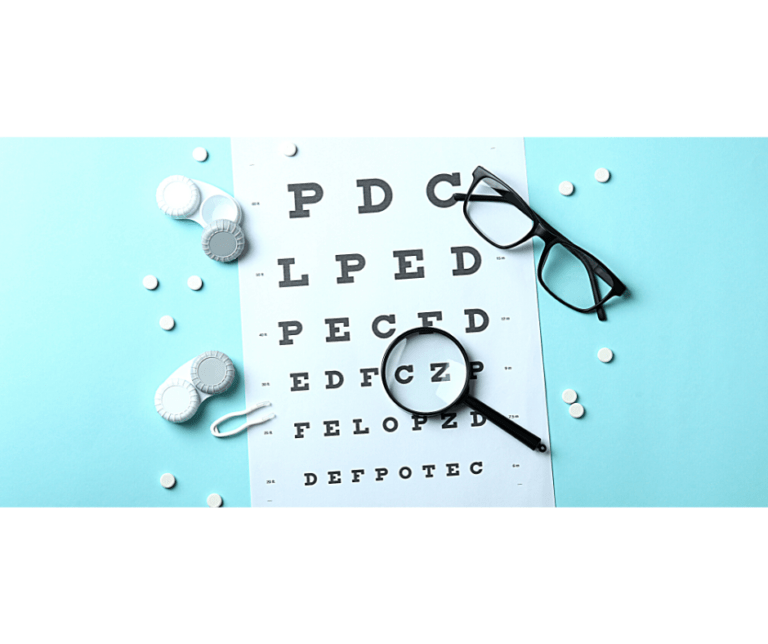U.S. Surgeon General Dr. Vivek Murthy has issued an advisory linking alcohol consumption to an increased risk of cancer, calling for updated warning labels on alcoholic beverages to inform consumers better. Alcohol is listed as one of the leading preventable causes of cancer in the United States, contributing to 100,000 cases and 20,000 deaths each year.
Current warning labels on alcoholic beverages focus on general health risks, impaired driving, and pregnancy-related concerns but omit the established connection to cancer. Dr. Murthy urged Congress to mandate updated labels that address the cancer risks associated with alcohol consumption—a move like requirements for cigarette packaging.
Research Confirms Alcohol-Cancer Connection
Decades of research confirm that alcohol is causally linked to at least seven types of cancer, including breast, liver, colorectal, and throat cancers. For example, studies show that consuming even one drink daily raises the risk of breast cancer by 10%, compared to non-drinkers, while the risk of mouth cancer increases by 40% for the same level of consumption.
The advisory explains that the lifetime risk of breast cancer for women rises from 11.3% for those drinking less than one drink per week to 13.1% for those consuming one daily and 15.3% for two daily beverages. Among men, the risk of developing alcohol-related cancers increases from 10% with less than one drink per week to 11.4% for one drink daily and 13% for two daily beverages.
The surgeon general noted that cancer risk increases with higher alcohol consumption but added that even low levels of drinking are not without risk. Health officials have noted that there is no safe limit for alcohol consumption, which aligns with the World Health Organization’s findings.

Mechanisms Behind Alcohol-Related Cancers
The surgeon general’s advisory notes several ways in which alcohol contributes to cancer development. Dr. Murthy noted that alcohol breaks down in the body into acetaldehyde, a toxic compound that damages DNA and interferes with cellular repair processes. He said it generates reactive oxygen species, leading to inflammation and further DNA damage. Additionally, alcohol alters hormone levels, including estrogen, which plays a role in breast cancer development.
Alcohol’s interaction with tobacco also increases the absorption of carcinogens, compounding the risk for cancers of the mouth and throat. These biological pathways are consistent across different types of alcoholic beverages, including beer, wine, and spirits.
Global Perspective and Recommendations
Globally, alcohol was linked to over 740,000 cancer cases in 2020. While countries such as South Korea and Ireland have begun implementing cancer-specific warnings on alcohol labels, the United States lags. Ireland, for instance, reportedly plans to introduce labels by 2026 stating a direct connection between alcohol and fatal cancers.
Dr. Murthy recommended strengthening public education campaigns to increase awareness of the risks associated with alcohol. He also encouraged healthcare providers to inform patients about these risks and incorporate alcohol screening into routine care.
“Many people assume that drinking within current guidelines of one drink daily for women and two for men is safe, but the evidence does not support that assumption,” Dr. Murthy said. “Less is better when it comes to reducing cancer risk.”
By: Stacy M. Brown, NNPA Newswire








